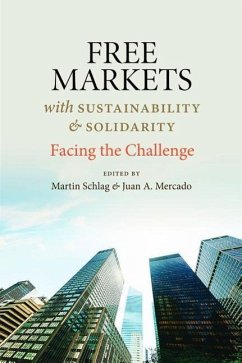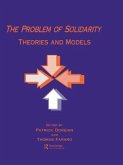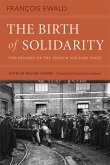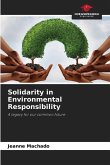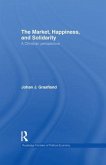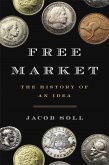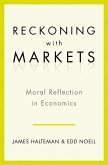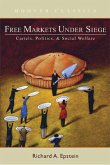We live in times of economic change and challenges, as reports of the increasing concentration of wealth with "the 1%" and stagnating wages compete for headlines with new and contentious politics of austerity. Public discourse has become fractured not only along class lines but ideologically, with advocates of "economic freedom" and "sustainability" locked in seemingly intractable conflict. Managers, business people, and teachers of economics are increasingly aware that they simply cannot go back to the "business as usual" of the pre-Great Recession economy, but that does not explain what should be done. In this situation, Catholic Social Teaching makes a contribution to maintaining the social balance in a changing society. Far from only proposing a narrow set of divisive limitations, Catholic teaching has articulated a framework of religiously-inspired ideals (particularly solidarity) that can assist our changing culture in addressing some of its most important questions--but only if they are applied creatively by scholars who understand the complexity of the current system. To reaffirm capitalism and the free market without dodging questions of social responsibility, we need a serious and academic reflection on the creation of sustainable and shared value, and on the contribution of business to the living fabric of society of which it constitutes a part. The contributors to Free Markets with Sustainability and Solidarity, who represent a unique combination of European and American scholars, present their reflections on evolving forms of economics. All are unified by a holistic, Christian anthropology, from which they draw epistemological consequences for free markets and a free society.
Hinweis: Dieser Artikel kann nur an eine deutsche Lieferadresse ausgeliefert werden.
Hinweis: Dieser Artikel kann nur an eine deutsche Lieferadresse ausgeliefert werden.

